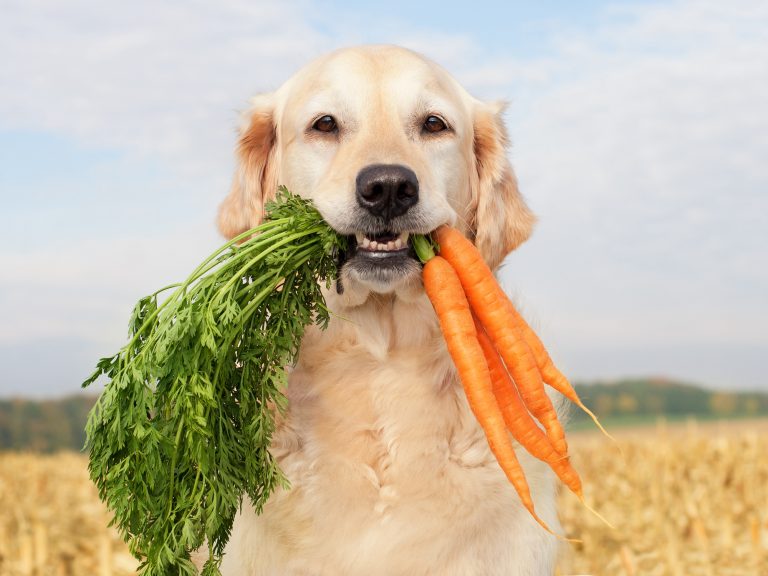Veganuary for Pets: Pioneering a Sustainable Future for Your Furry Friends
Each January, millions worldwide embrace veganism as part of the Veganuary campaign, seeking healthier lifestyles and environmental responsibility. In 2024 alone, an estimated 25 million people participated. However, while the movement has driven significant changes in human diets, pets—particularly dogs and cats—have often been excluded. Veterinary expert Professor Andrew Knight is now calling for this to change, advocating for extending Veganuary to include our four-legged companions.
Why Pets Should Join Veganuary
Writing in The Conversation, Professor Knight underscores the potential health benefits vegan diets can offer dogs and cats. Drawing from recent research, he highlights findings from 11 studies on dogs, three on cats, and one comprehensive review. These studies consistently demonstrate that pets can thrive on carefully formulated vegan diets. Key health benefits include:
- A notable reduction in obesity.
- Fewer allergic reactions, such as itchy skin, ear infections, and digestive issues often linked to animal-sourced proteins.
However, Professor Knight stresses that the quality of these diets is paramount. “All diets, including vegan ones, must be manufactured by reputable pet food companies to ensure they are nutritionally sound,” he advises.
Environmental Impacts of Traditional Pet Food
Professor Knight, an accomplished veterinarian with a PhD in vegan pet food, has also examined the environmental effects of pet diets. His research reveals startling figures. In nations with high pet ownership, such as the US, pet food accounts for 20% of all land animals killed for food annually. Globally, this number remains significant at 9%, even when factoring in by-products from human food production.
For context, feeding the world’s 470 million pet dogs involves the annual slaughter of at least six billion land animals. Transitioning to vegan dog food could offer substantial environmental benefits:
- Resource Conservation: Land and freshwater saved could support reforestation, re-wilding, and biodiversity restoration efforts.
- Emission Reduction: Vegan dog food could prevent the release of 0.57 gigatonnes of CO2-equivalent emissions each year—1.5 times the total emissions produced by the UK in 2023.
- Food Energy Savings: Avoiding the inefficiency of converting plant calories into meat could save sufficient food energy to feed 450 million people annually, equivalent to the population of the EU.
The world’s 370 million pet cats also have a significant environmental footprint. A switch to nutritionally complete vegan diets for cats could save enough food energy to feed 70 million people annually—greater than the population of the UK.
A Vision for a Sustainable Future
“An average-sized dog can consume as much meat as a human,” Professor Knight notes. He believes that including pets in Veganuary offers an opportunity to foster both health and sustainability.
By choosing vegan pet food that meets rigorous nutritional standards, pet owners can make an impactful contribution to the planet while supporting their pets’ wellbeing.
As 2025 approaches, the call to action is clear: Veganuary is no longer just for humans. This year, take a step toward a more sustainable future—include your furry friends in the movement.




